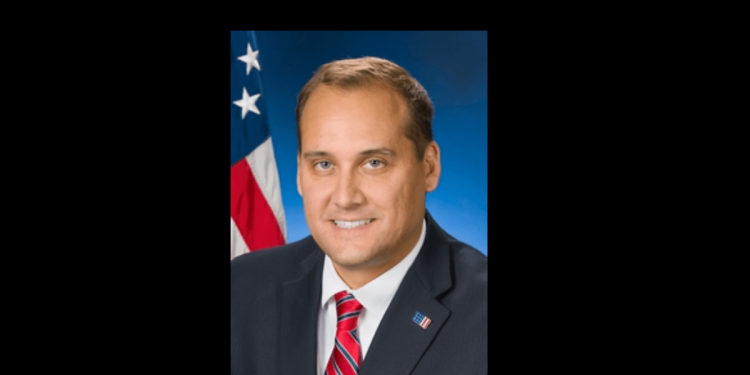HARRISBURG – The Senate of Pennsylvania has passed legislation sponsored by Sen. Wayne Langerholc, Jr. (R-35), chairman of the Senate Transportation Committee, to stop the automatic gas tax increase implemented by Act 89 of 2013.
“The Senate passed my bill to address the insurmountable transportation costs facing Pennsylvania drivers spawned by President Biden and Gov. Wolf,” said Langerholc.
“My measure immediately cuts the gas tax to temper inflation-induced gas prices and the costly ramifications to home heating and goods delivered to grocery stores and residences.”
“Our commonwealth has significant infrastructure needs that must be addressed as soon as possible, but increasing the gas tax only adds another serious financial burden on family budgets throughout the state,” said Sen. Scott Martin (R-13), who chairs the Senate Appropriations Committee.
“We need to make sure that Pennsylvanians are shielded against the worst impacts of inflation driven by the energy policies of the Biden Administration and the Wolf Administration.
“I appreciate Sen. Langerholc’s leadership in helping us take the first step toward a comprehensive transportation funding approach that will meet the commonwealth’s needs, both now and in the future.”
Senate Bill 35 stops the automatic gas tax increase for 2023 and permanently sets the Average Wholesale Price (AWP) at $2.99 per gallon to end future tax hikes on working families.
Under current law established 10 years ago, the Department of Revenue is required to annually assess the AWP on all taxable liquid fuels (i.e., gasoline), fuels (i.e., diesel fuel) and alternative fuels (i.e., electric).
The anti-energy and inflationary policies of the federal and state executive branches have increased the cost of most goods and services Pennsylvanians rely on every day.
Consequently, the AWP exceeded $2.99 per gallon for the first time in 2022. This triggered an automatic increase in Pennsylvania’s gas tax of 3.5 cents per gallon and an increase in the tax on diesel fuel of 4.4 cents per gallon. The alternative fuels tax rates increased, as well.
“My legislation will cut the gas tax before hardworking families must pay the second highest gas tax in the nation,” said Langerholc.
“At a time when our constituents are faced with rising costs at the pump, grocery store and utility bills, no elected official should be voting against this legislation.”
The bill now heads to the House of Representatives for consideration.




